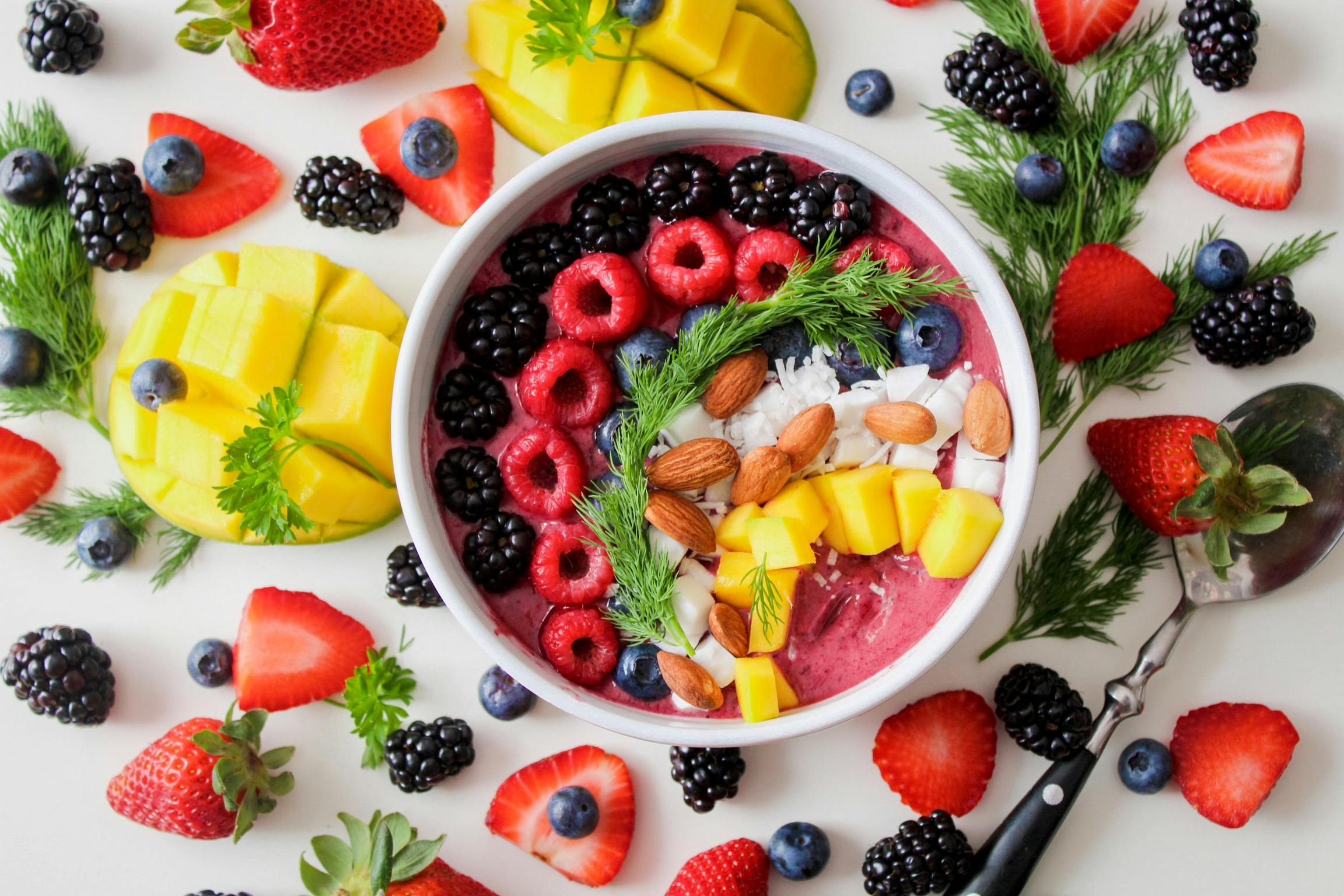
Seasonal Superfoods to Boost Wellness and Support Immune Health
Each season brings a unique selection of fruits and vegetables that add both flavor and nourishment to your plate. Early spring welcomes crisp asparagus, rich in vitamin K and folate, while juicy strawberries offer a burst of vitamin C and powerful antioxidants to help your body repair cells and stay resilient. As the days grow warmer, refreshing watermelon quenches thirst with plenty of water and lycopene, and sun-ripened tomatoes deliver vitamin C and potassium, which can ease inflammation. Autumn ushers in hearty broccoli packed with fiber and vitamin C, and apples, which contain quercetin to support digestion and protect your cells. Even during the colder months, nature provides with nutrient-dense options like kale, loaded with vitamins A and C to support your immune system. Bright pomegranate seeds not only add color to winter dishes but also supply polyphenols that help your body fight oxidative stress.
This year-round lineup shows how simple produce choices can fuel your health. You’ll find recipes, tips and storage advice to turn these seasonal picks into daily habits. Let’s explore the profiles and see how each superfood supports your immune health.
Superfood Profiles for Each Season
Each season provides unique ingredients. Use these choices to plan meals that follow nature’s rhythm.
- Spring – Asparagus: Rich in folate and vitamin K, asparagus supports cell growth and clotting. Its prebiotic fiber feeds healthy gut bacteria.
- Spring – Strawberries: These berries pack vitamin C, manganese and antioxidants. They help your body fight infections and lower inflammation.
- Summer – Watermelon: Composed of 92% water, watermelon keeps you hydrated. Lycopene in its red flesh acts as an antioxidant and promotes heart health.
- Summer – Tomatoes: Tomato skins contain lycopene and vitamin C. They protect skin from sun damage and support immune response.
- Fall – Broccoli: This cruciferous vegetable delivers vitamin C, fiber and sulforaphane. It enhances detox pathways and shields cells.
- Fall – Apples: A medium apple offers pectin, quercetin and vitamin C. It supports gut health and helps regulate blood sugar levels.
- Winter – Kale: Kale provides vitamins A, C and K plus calcium. It strengthens bones and boosts white blood cell activity.
- Winter – Pomegranate: Seeds of this fruit contain punicalagins and vitamin C. They fight free radicals and support cardiovascular health.
- All-Year – Sweet Potatoes: Rich in beta-carotene and fiber, sweet potatoes convert to vitamin A for vision and immune function.
- All-Year – Citrus Fruits: Oranges, lemons and grapefruits supply vitamin C and flavonoids. They help maintain healthy skin and fight pathogens.
Important Nutrients and Their Immune-Boosting Effects
- Vitamin C: Found in strawberries, tomatoes and citrus fruits. It stimulates white blood cells and supports collagen production.
- Vitamin A (Beta-Carotene): Provided by sweet potatoes and kale. It maintains mucous membranes that trap germs.
- Vitamin K: Abundant in asparagus and kale. It facilitates blood clotting and supports bone health.
- Fiber: Present in apples, broccoli and sweet potatoes. It nourishes gut microbes that play a key role in immunity.
- Antioxidants: Lycopene in watermelon and tomatoes, polyphenols in pomegranate. They neutralize free radicals that damage cells.
- Folate: Plenty in asparagus. It supports DNA synthesis and cell repair.
- Polyphenols: Quercetin in apples and punicalagins in pomegranate. They reduce inflammation and strengthen defenses.
Simple Recipe Ideas
Make these superfoods into easy dishes you can prepare any night. Recipes emphasize fresh ingredients and minimal preparation.
Enjoy a strawberry-spinach salad. Toss sliced strawberries, baby spinach, feta and walnuts. Drizzle with a lemon-olive oil dressing. For a summer twist, blend watermelon with mint and a splash of lime for a cooling soup.
This fall, roast broccoli and sweet potato wedges with garlic and rosemary. Add a squeeze of lemon. During winter, prepare a kale and pomegranate bowl: massage kale with olive oil, sprinkle seeds and top with toasted almonds. For citrus lovers, bake chicken glazed with orange, thyme and garlic.
Meal Planning Tips for the Seasons
- Buy local and in-season produce at farmers’ markets to maximize flavor and nutrition.
- Prepare vegetables on weekends—wash, chop and store in airtight containers. It speeds up cooking during busy weeknights.
- Combine superfoods in bowls, salads or sheet-pan meals. A variety of ingredients ensures you get multiple nutrients.
- Freeze excess berries or tomatoes for smoothies and sauces during off-season times.
- Cook soups and stews in large batches using seasonal produce. Freeze portions for quick lunches.
Storage Tips and Safety Advice
- Refrigerate asparagus upright in a jar with an inch of water. Cover loosely with a plastic bag.
- Store berries in a breathable container. Rinse just before eating to keep them fresh longer.
- Keep tomatoes at room temperature away from direct sunlight. Refrigerate only when fully ripe to preserve quality for a few days.
- Wrap leafy greens in paper towels and seal in a bag. Replace towels if they become damp.
- Wash hands and tools before cutting produce to prevent cross-contamination.
Eating seasonal superfoods provides vital nutrients that strengthen your immune system year-round. Use simple recipes and proper storage to include these fresh ingredients in your daily meals for better health.